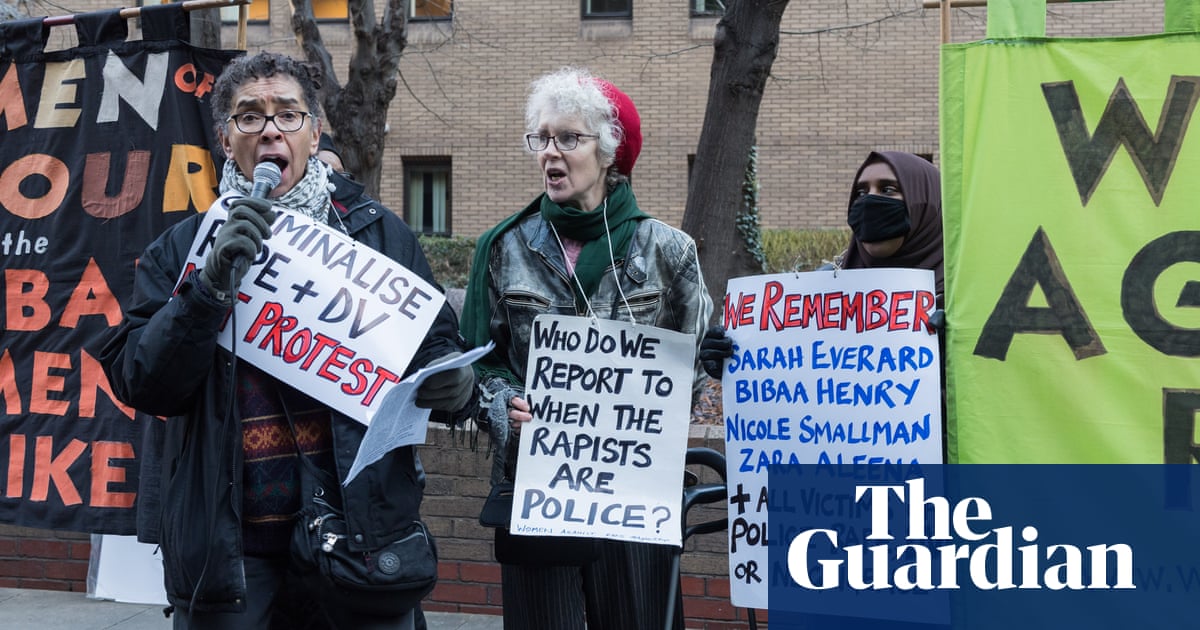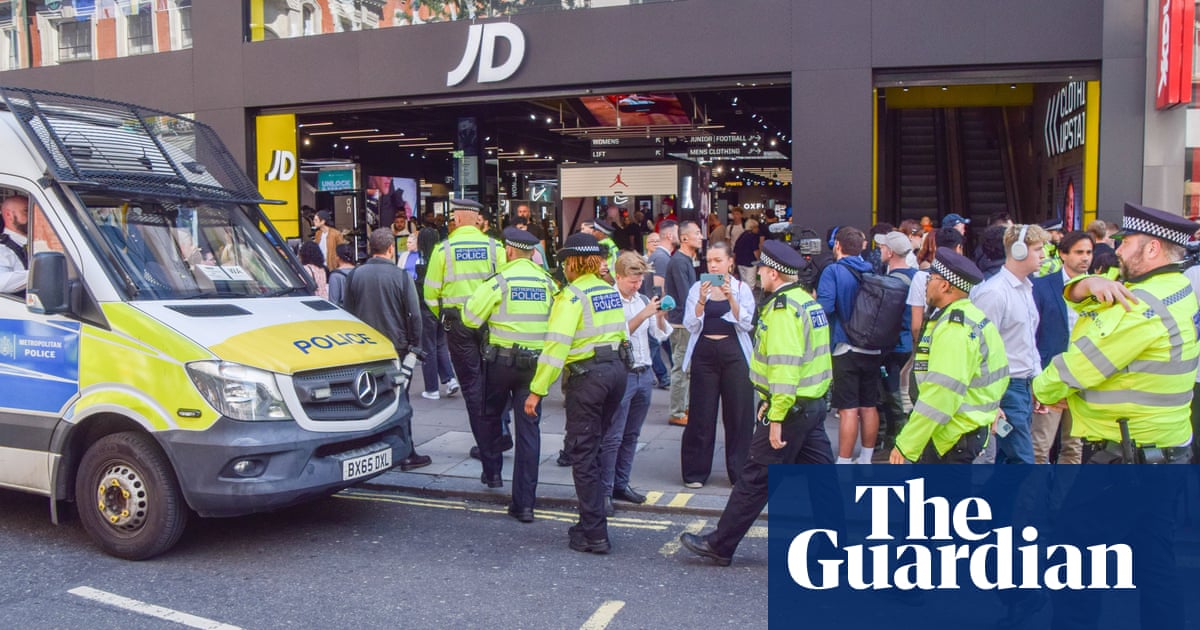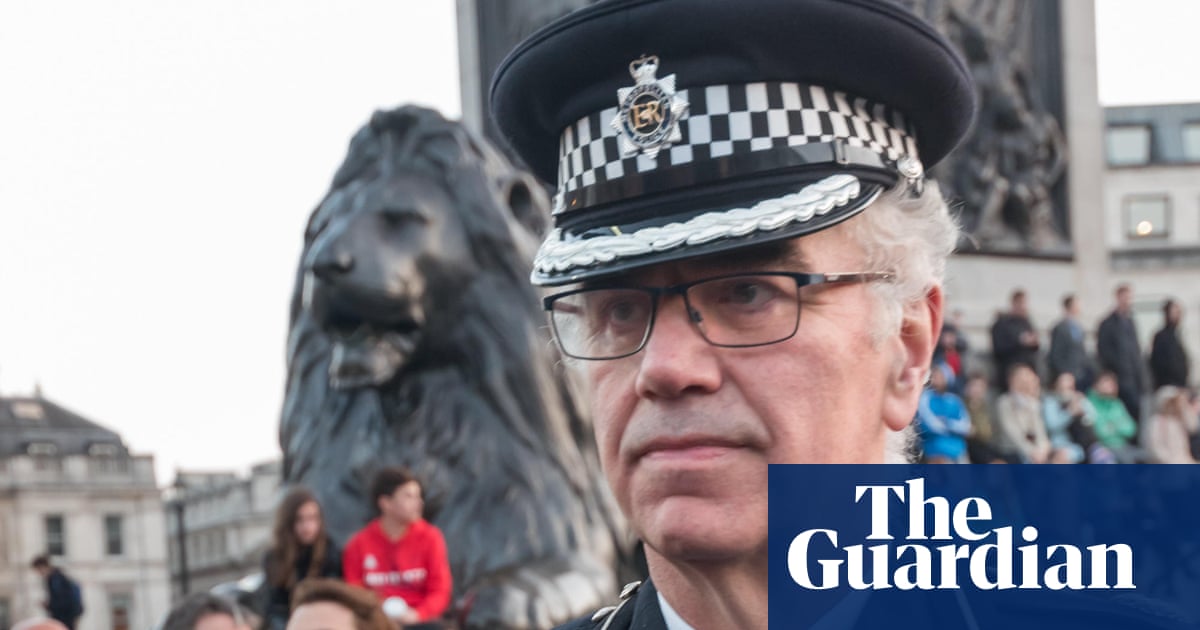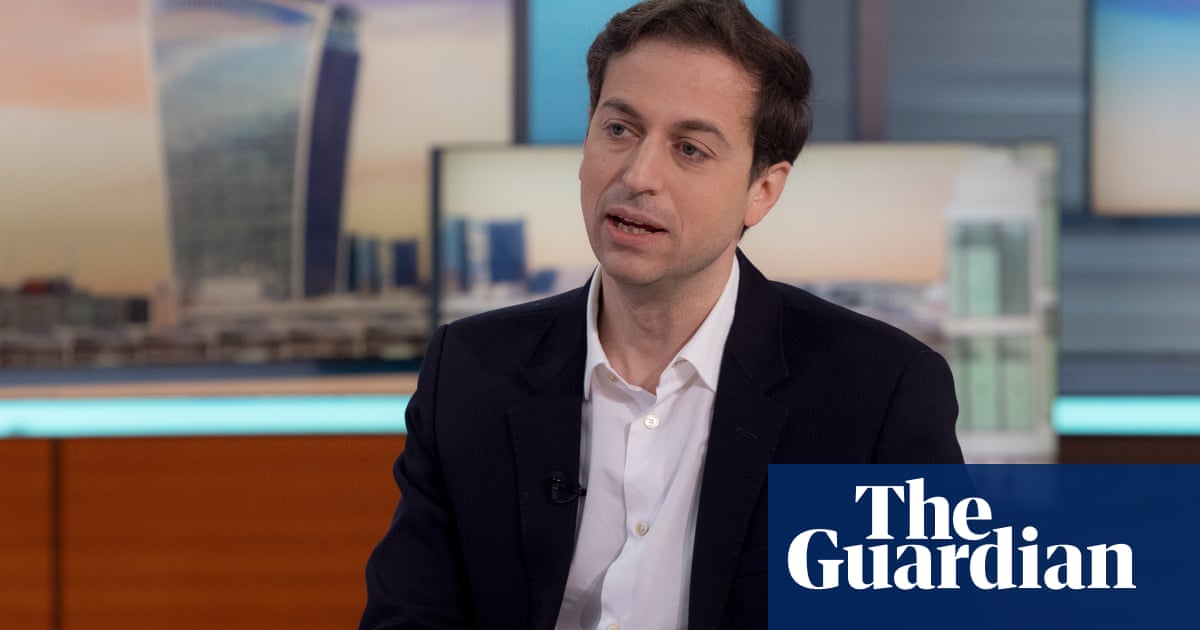
Police officers have been unfairly treated by the media in cases where videos of their controversial actions have emerged, the Metropolitan police’s deputy commissioner has said.
Appearing before the London assembly’s police and crime committee, Sir Stephen House defended the officers who stopped, searched and handcuffed the British athlete Bianca Williams, saying they had been cleared by the force’s professional standards teams.
He also claimed the officers who fired a stun gun at the 62-year-old father of the rapper Wretch 32 in his own home had been cleared of wrongdoing by the police watchdog, and he attacked the way they had been criticised online.
Millard Scott lost consciousness after falling down stairs when he was shot with a Taser electronic weapon during a raid by five officers at the start of June. The incident was captured in a 36-second video that was shared widely on social media by Wretch 32.
House said the Independent Office for Police Conduct (IOPC) had decided to take no further action, after the incident was referred to it amid concern about the number of times stun guns are deployed against members of black and minority ethnic communities.
He said the officers involved had in effect been cleared by the IOPC after being unfairly blamed on social media. He claimed the video clip of the incident did not show the “full picture”, and suggested the full context was clearer in footage from the officers’ bodyworn cameras.
“I guarantee you, that judgment from the IOPC will not get the same level of publicity as the calling in did,” he said. “Which means that the officers, who the IOPC basically are saying didn’t do anything wrong, have been castigated in social media, and indeed the mainstream media, and will now get no apologies from anyone, for simply doing their job for using force in a proportionate manner. That’s what I object to. And that also is very difficult for the officers to take.”
House read out a letter that the Met received about the incident on Tuesday afternoon. “The IOPC has decided that the matter should be returned to you, the Metropolitan police, to be dealt with in a reasonable and proportionate manner. This is because, based on the information provided, we did not feel independent oversight, or direction for a local investigation, was required at this stage,” he said, quoting the letter. He added: “Effectively, they are saying: over to you, do what you need to do with this case.”
Lawyers for Millard Scott said neither they nor their client had been informed of any outcome of an IOPC investigation into the Taser incident.
House continued: “The problem with the social media clips is they get huge publicity. What we then don’t see is the same level of publicity [for] what actually happened. I don’t have a problem with the social media, I have a problem with the 23-second clip. If there was some way that we could have an equality of arms going forward around the release of bodyworn video, I think that would be very helpful.”
In a statement, the IOPC appeared not to back the deputy commissioner’s interpretation that its decision amounted to an exoneration of the officers involved in Millard Scott’s case. The police watchdog said it had contacted the force to ask if the case should be referred to it, and had been told “the man had not sustained any serious injury or lodged a complaint”.
It said: “If we receive evidence to suggest the man did sustain a serious injury, or if a public complaint is recorded or conduct on the part of any officer is identified, then we would expect the MPS to re-refer the matter to the IOPC and we would reconsider this decision.”
House defended the officers who stopped Williams in another videoed incident that prompted widespread criticism of the police. Days after that incident emerged, the Met commissioner, Cressida Dick, offered an apology to Williams.
But House said: “What the commissioner apologised for was the distress caused to Bianca Williams … she was not apologising for the stop and search. That has to be very clearly stated. We have reviewed that stop and search twice by two separate teams of officers from professional standards. Neither team saw anything wrong with it.”
He suggested the only reason the incident was referred to the police watchdog was that Williams tagged the IOPC in a tweet about the incident, which was taken as a complaint that warranted automatic investigation.












